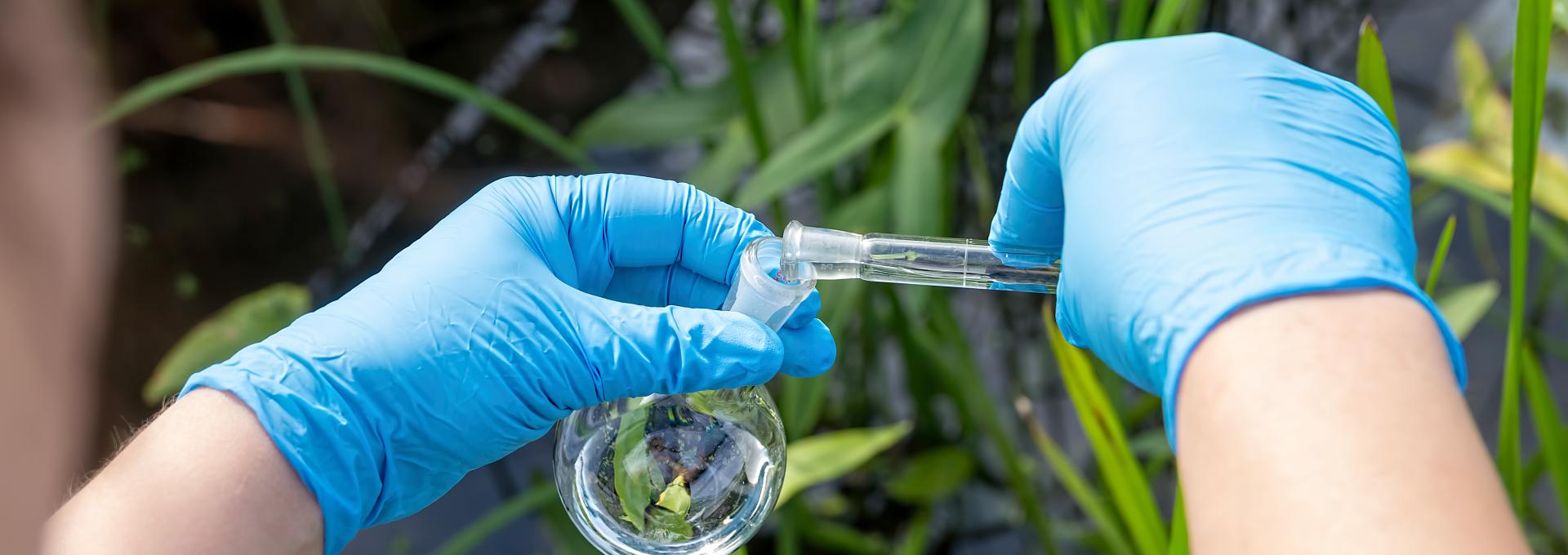Descriptif des cours
Le MSc&T in Environmental Engineering and Sustainability Management (EESM) vise à former des ingénieurs et des chefs de projet capables de relever un large éventail de défis environnementaux, tels que le contrôle des rejets industriels, les approches chimiques et biologiques du diagnostic de la pollution, l'ingénierie des ressources en eau et le traitement des sols, ainsi que la valorisation des déchets. Le programme aborde également des concepts novateurs comme l'analyse du cycle de vie, l'écoconception, les sciences omiques, la simulation et la modélisation numériques.
Alors que la plupart des masters consacrés aux problématiques environnementales se concentrent sur l'acquisition de compétences techniques, le MSc&T EESM prépare également les étudiants à des postes de direction. L'ensemble du corps professoral s'engage à accompagner les étudiants afin qu'ils acquièrent à la fois les compétences techniques nécessaires et soient opérationnels sur le marché du travail à l'issue des deux années d'études. Tout au long du MSc&T, les étudiants ont l'opportunité de participer à de nombreuses excursions et visites d'entreprises. Ils peuvent également mettre leurs compétences en pratique lors de deux stages :
Le premier stage se déroule à la fin de la première année et dure quatre mois. Durant cette période, les étudiants doivent mener un projet scientifique.
Le second stage se déroule à la fin du programme et dure de cinq à six mois. Les étudiants ont le choix entre réaliser un projet scientifique ou un projet de gestion.
En première année, le programme aborde des concepts techniques tels que l'écologie microbienne appliquée aux sciences de l'environnement, l'analyse du cycle de vie, la chimie analytique, la chimie environnementale et le traitement des eaux usées. Le premier stage, d'une durée de quatre mois, a lieu à la fin de la première année. Durant cette période, les étudiants doivent mener un projet scientifique.
Deuxième année
En deuxième année, les étudiants suivent une formation approfondie grâce à des cours scientifiques tels que la valorisation des déchets solides, la pollution et la dépollution des sols, la biogéochimie moléculaire et les humanités environnementales.
Le second stage, d'une durée de cinq à six mois, se déroule à la fin du programme. Les étudiants peuvent choisir de réaliser un projet scientifique ou un projet de gestion.
Tout au long du master, les étudiants ont la possibilité de participer à de nombreuses excursions et visites d'entreprises.
Please note this list is indicative of the structure of the degree and may be subject to change.
